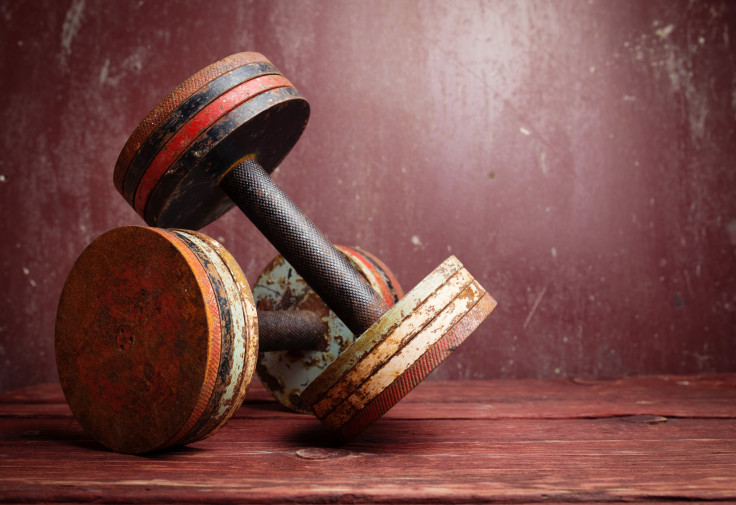Weight Lifting For Just 20 Minutes A Day Could Boost Your Memory, Benefiting Beginners

It’s well known that exercise boosts memory in older adults, helping them to prevent the onset of dementia and Alzheimer’s, if only for a little longer. But new research from the Georgia Institute of Technology finds that younger adults who lift weights not only strengthen their muscles but their brains, too. The best part: It only takes a session or two to get the benefits of better memory.
Most previous research has looked at the relationship between aerobic activity, such as walking, running, and biking, and memory. One study, published in April this year, found that this kind of activity increased the size of the hippocampus, the brain’s center for memory, learning, and emotion. Exercise also reduces insulin resistance, inflammation, stimulates the release of growth factors — chemicals in the brain that affect brain cells’ health — promotes growth of new blood vessels, and even helps to create new brain cells, according to Harvard Medical School. Combine all that with the stress-reducing, and mood- and sleep-improving benefits of exercise, and you have yourself the secret to a healthy brain.
It turns out that just two sessions of weight lifting can jumpstart these processes too, and the benefits can be seen. “Our study indicates that people don’t have to dedicate large amounts of time to give their brain a boost,” said lead researcher Lisa Weinberg, a graduate student at Georgia Tech, in a press release.
The research could be especially useful for people who aren’t yet ready to partake in strenuous, prolonged physical activity, like the aforementioned aerobic ones. Weinberg and her team had a group of participants look at and remember a series of 90 photos on a computer screen. The photos ranged in their content, from kids on a waterslide (positive) to more gruesome images of bodies (negative) to pictures of clocks (neutral). Then, half of the participants did 50 reps of a leg extension exercise at their personal maximum; the control group sat in the chair, but the machine moved on its own. Each session lasted as little as 20 minutes.
Two days later, the participants returned to the lab to look over a series of 180 photos, including the ones from before the exercise routine. The researchers found that while those who didn’t exercise could remember about 50 percent of the photos, those who exercised remembered about 60 percent of the photos. The researchers also saw that the exercise group was more likely to remember positive and negative images more than neutral images than those who didn’t exercise. They said this finding was consistent with previous research that found emotional experiences tended to be more memorable when paired with acute stress, measured in the current study through saliva samples.
Overweight and obese people may find inspiration in the research, since it shows that even small steps toward exercising make a difference in our health. Dedicating some time each day to this strength training, which can be as simple as squats or knee bends, can build toward more intense workouts and bigger benefits. Over a third of Americans — about 78.6 million — are obese, according to the Centers for Disease Control and Prevention.
Source: Weinberg L, Hasni A, Shinohara M, Duarte A. A single bout of resistance exercise can enhance episodic memory performance. Acta Psychologica. 2014.
Published by Medicaldaily.com



























